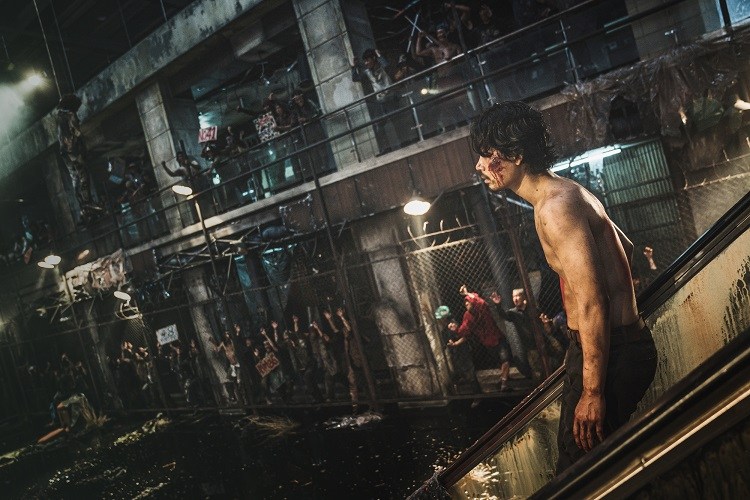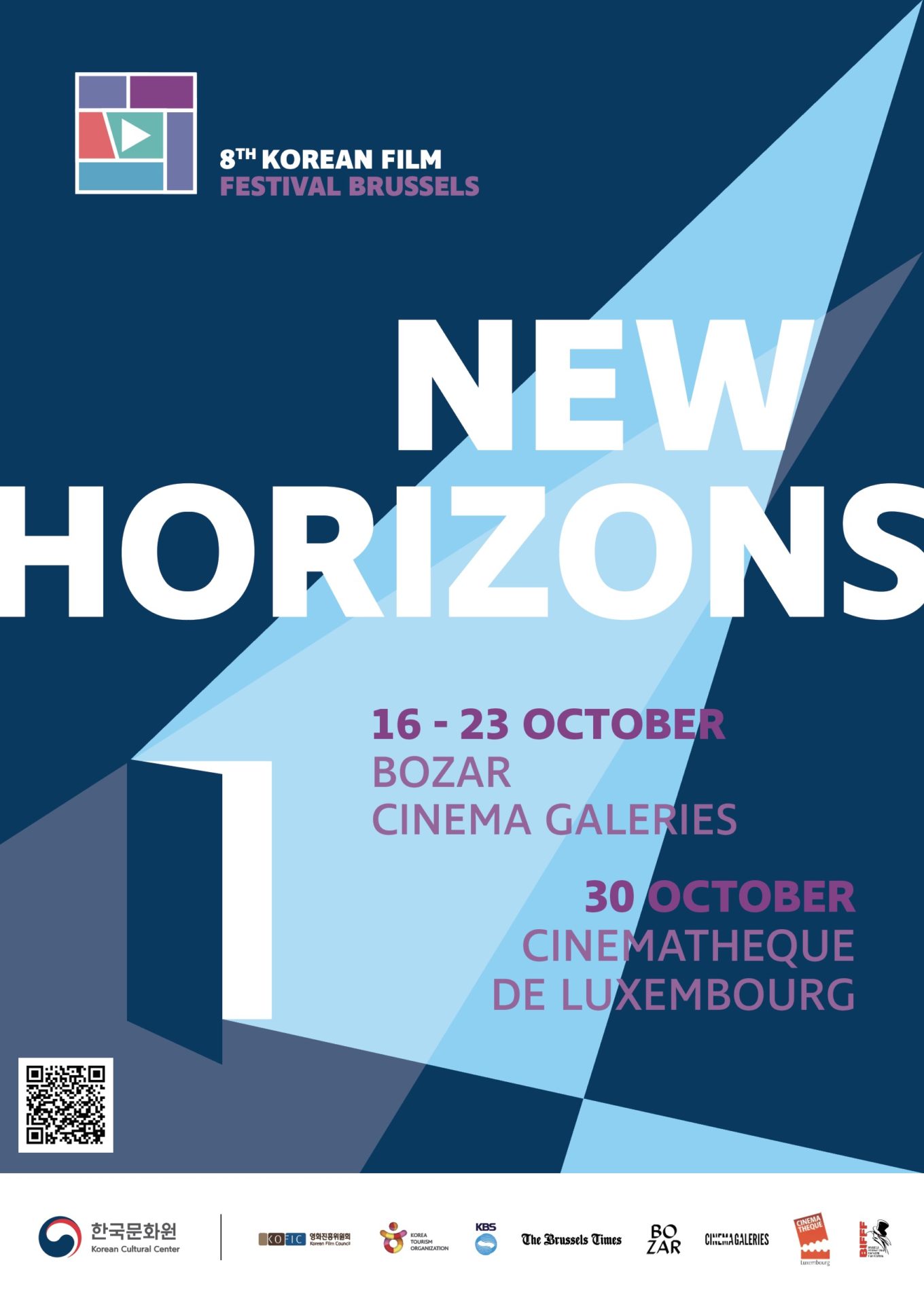The Korean Film Festival is organized every year by the Korean Cultural Center and this year, for the 8th year running, the festival will take place again in Brussels.
The theme of the 8th Korean Film Festival will be “New Horizons” and it will take place at Bozar and Cinema Galeries from October 16th- 23rd and, as always, the festival aims to highlight Korean culture in all its diversity by screening films of all styles, focusing on drama, documentary and animation.
This is ahead of big celebrations next year, as 2021 marks the 120th anniversary of the diplomatic relationship between Belgium and Korea. Definitely something to look forward to!
The opening film of the festival is the Belgian premiere of Peninsula, which is directed by YEON Sang-ho. The film is set four years after the zombie outbreak, South Korea has been overrun by zombies and quarantined from the rest of the world. Jung-seok and Min-Jung are given the mission to pick up an abandoned truck in the middle of Seoul within a time limit, in order to escape the peninsula forever. But in addition to the hordes of zombies, they also come face to face with a mysterious military group, Unit 631, who lures them into an ambush. Their violent struggle for survival begins.
https://www.youtube.com/watch?v=KklVMu6wxIw
The films are divided into three special sections: Korean Film Today, After Uprising and Rise of Women’s Cinema.
In Korean Film Today, a selection of diverse films will be portrayed that have caught attention in Korean in the past year. Bori and Innocent Witness, these two feature films deal with disability from each point of view of a child and an adult.
As for the short films screening which has always been well-received by the audience, there are two fiction and animation films. The Thread crossing the border of documentary and fiction portrays a seamstress, and Walking Backwards is a road movie about Korean and Japanese youths missing the same person. Regarding the animations, The End of the Universe asks questions about life in the face of death, and Movements reflects on the motion of different species. They will bring both cinematic interest and introspection to the audience.
https://www.youtube.com/watch?v=Uh2j8HRAXPM&mc_cid=e7aeac4eb4&mc_eid=7e9f946d32
This year marked the 40th anniversary of the May 18 Democratization Movement, a resistance to military crackdown. In the special section “After Uprising”, four films are presented that are based on actual events in the 1980s and 1990s. Korea went through a long hard time, it suffered from military dictatorship for decades, and the preoccupation with rapid growth brought about the breakdown of the whole system. We Built This City: Sampoong investigates the collapse of the most luxurious department store in Seoul and it is an episode of a TV documentary series about modern Korean history. The whole series will be open to the public in Belgium after the festival.
In general, when people talk about their favourite Korean film, it’s very often the one directed by men. In the final special section “Rise of Women’s Cinema”, four female directors movies depicting women of different generations will be presented. These movies will be different to any other Korean movies you’ve ever seen.
Like in many parts of the world in the middle of the 2010s, the new wave of feminism emerged in Korea with the issues of secret filming, illegal abortion, #Metoo, etc. Influenced by the movement, Korean film industry started to think about gender equality in film production, and representation of female characters. The audience also began to pay attention to the stories made by and centered on women.. The women in these films are free to act for themselves, and support each other.
See the list of films at the 8th Korean Film Festival on the Korean Cultural Center Belgium Website.


